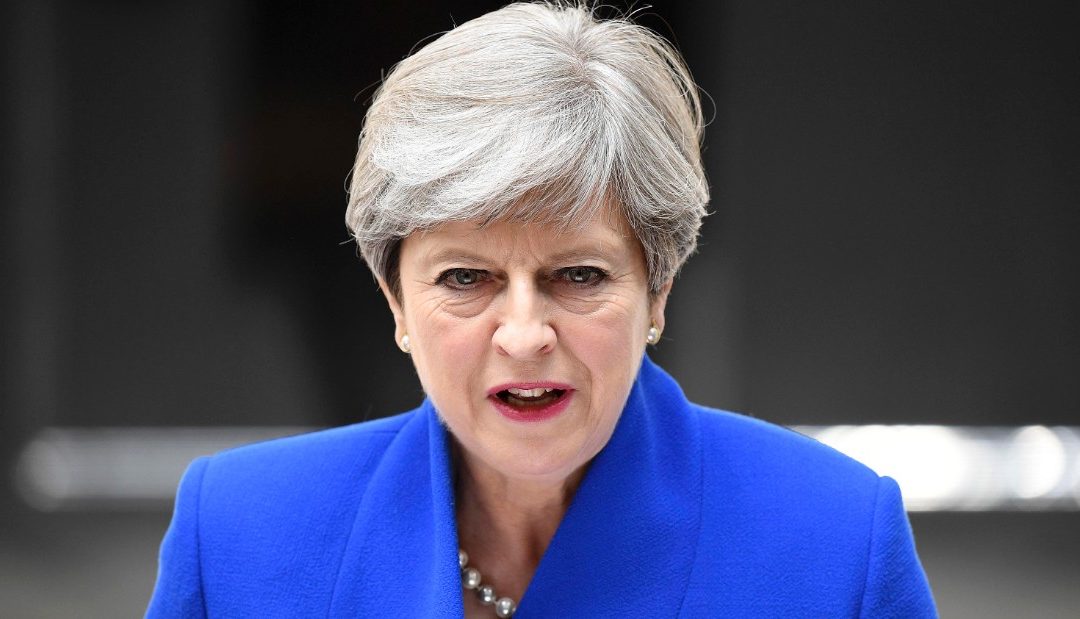LONDON — Britain’s National Health Service is in crisis. Every day the country’s newspapers are filled with harrowing reports of overcrowding in hospitals, operations being cancelled, doctors and nurses struggling to cope, and accident and emergency units being unable to meet targets.
This week it was reported that at least 23 hospitals have declared a “black alert” after becoming so overcrowded that they can no longer guarantee the safety of patients and provide a full range of services. This follows a warning from the Royal College of Physicians that vital services are “struggling or failing to cope” and the conclusion of the Red Cross that the NHS is facing a “humanitarian crisis.”
To some voters, all of this might read as if the government has set out to willingly test the Labour MP and chief architect of the NHS Aneurin Bevan’s definition of what prevents a society from being able to call itself civilized — if sick people are denied medical aid because of a lack of means.
When Prime Minister Theresa May faced questions from MPs this week she sought to push back, suggesting that the warning from the Red Cross was “irresponsible and overblown.”
Yet there is no doubt that the crisis is occupying the minds of voters. Shortly before Christmas, the pollsters Ipsos-MORI recorded a sharp leap in public concern about the NHS, with 40 percent viewing it among the biggest issues facing the country. To put this in perspective, this was the highest score since the summer of 2015 and, before that, the winter of 2007.
But what is likely to be the political fallout?
Under “normal” circumstances May and her Conservative government would probably be worrying a lot more about how rising public concern could galvanize support for the opposition Labour Party. This is because, historically, the issue of health care was “owned” by Labour, meaning that more people trusted Labour to manage the NHS and felt that it had the best policies for doing so.
This was a major reason why from the mid-1990s onward Tony Blair and New Labour enjoyed widespread support and successive election victories. It was a time when public services dominated the agenda, before the post-2004 accession of Central and Eastern European states pushed immigration to the forefront and the post-2008 Great Recession revived public angst over the economy.
Look back now and it all seems rather remarkable. On the eve of Blair’s landslide election win in 1997, a staggering 63 percent of the electorate saw the NHS as one of the top issues facing Britain while Labour’s lead over the Tories on the issue was nearly 50 points. From thereon Labour continued to dominate health care and while its lead would be reduced in the early 2000s it would remain in place until 2015.

